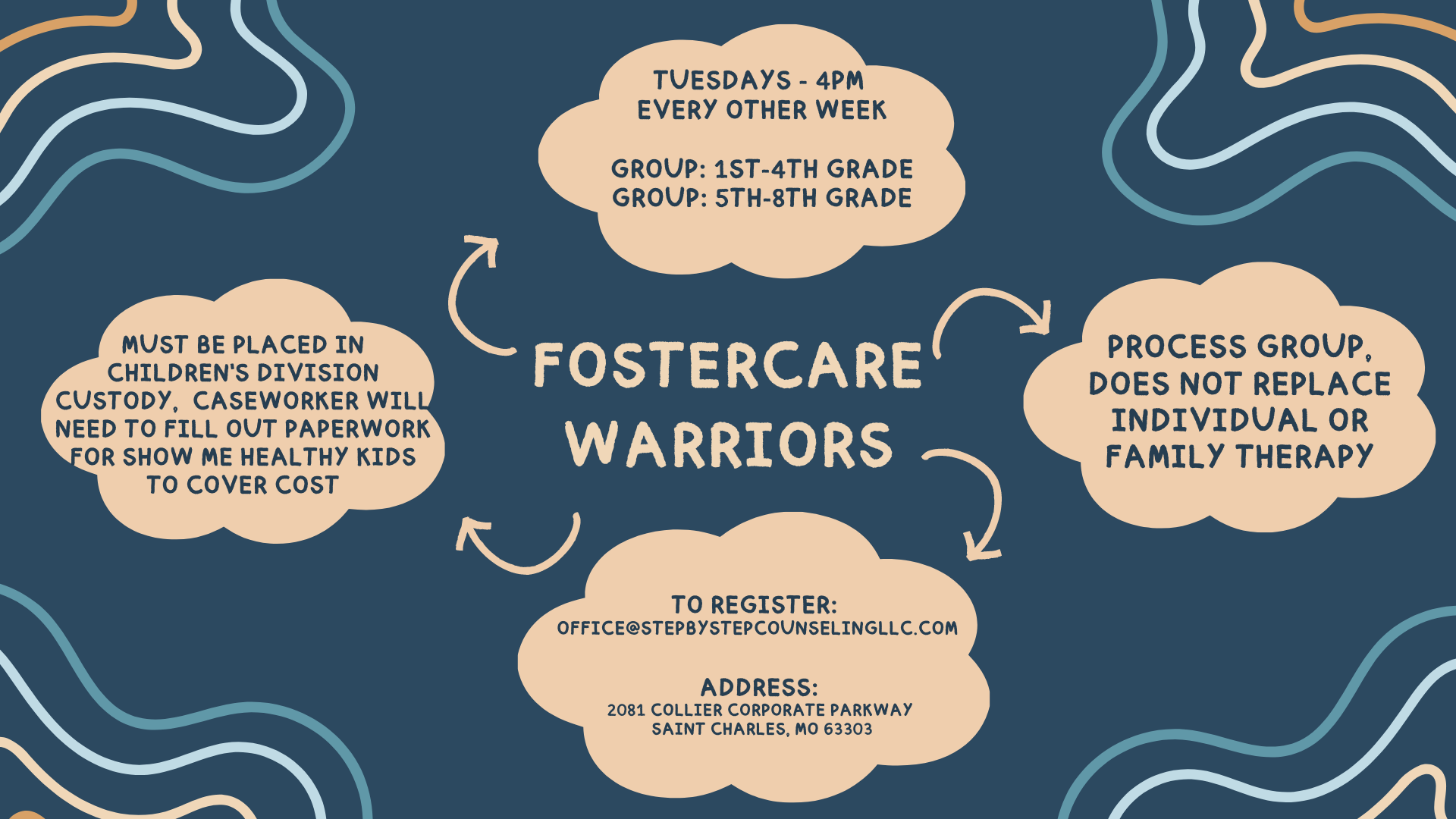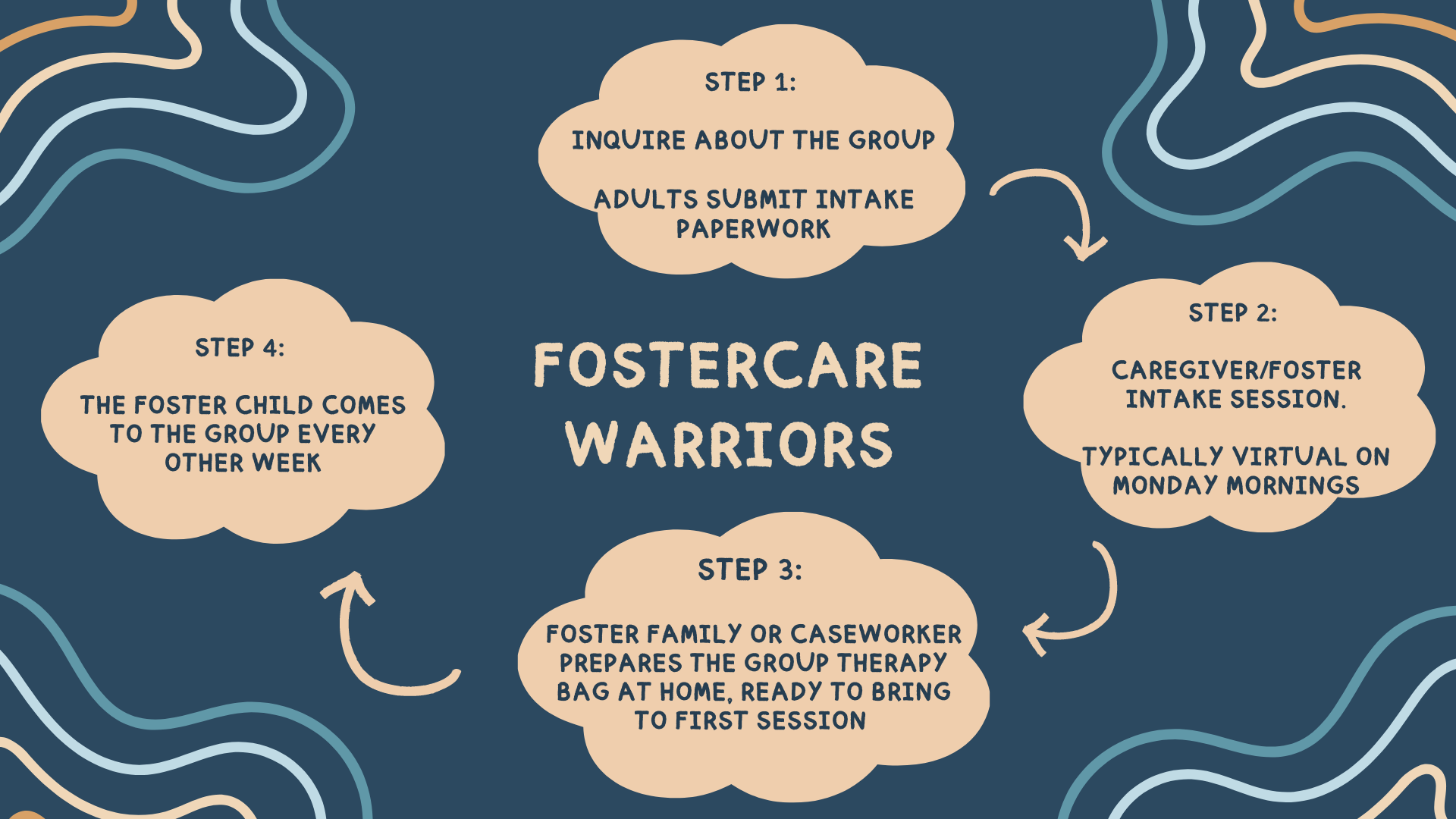

Foster care group therapy can be beneficial for children and adolescents who have experienced trauma and may be struggling with emotional and behavioral issues as a result. Group therapy can provide a safe and supportive environment for these youth to process their experiences, share their thoughts and feelings, and learn coping strategies to manage their emotions and behaviors. Foster care group therapy can provide a number of benefits for children and adolescents who have experienced trauma or instability in their lives.
Some potential benefits of foster care group therapy include:
Improved social skills: Group therapy can help foster care youth learn how to interact with others, express themselves effectively, and build healthy relationships. Groups can provide an opportunity for foster children to practice and develop social skills, such as communication, problem-solving, and conflict resolution.
Increased self-awareness: Group therapy allows youth to reflect on their thoughts, feelings, and behaviors, which can help them gain a better understanding of themselves and their motivations. Groups can provide an opportunity for foster children to process and work through their experiences, which can help to promote healing and growth.
Enhanced coping skills: Group therapy provides an opportunity for youth to learn and practice coping strategies to manage their emotions and behaviors, and to develop healthy ways of dealing with stress and challenges. Groups can provide foster children with tools and strategies for coping with stress and managing their emotions, which can be particularly important for children who have experienced trauma.
Supportive environment: Group therapy can provide a safe and supportive environment for youth to share their experiences, express their emotions, and receive support and encouragement from their peers and the therapist. This concept of support, that group can provide a sense of belonging for foster children, who may have experienced feelings of isolation or disconnection due to their experiences in foster care.
Greater self-esteem: Group therapy can help foster care youth develop a sense of belonging and acceptance, which can improve their self-esteem and confidence. Groups can provide an opportunity for foster children to explore and develop their sense of identity, which can be especially important for adolescents who are navigating the process of identity development.
Overall, foster care group therapy can be a valuable resource for foster children, helping them to build resilience, coping skills, and a sense of connection with others.
